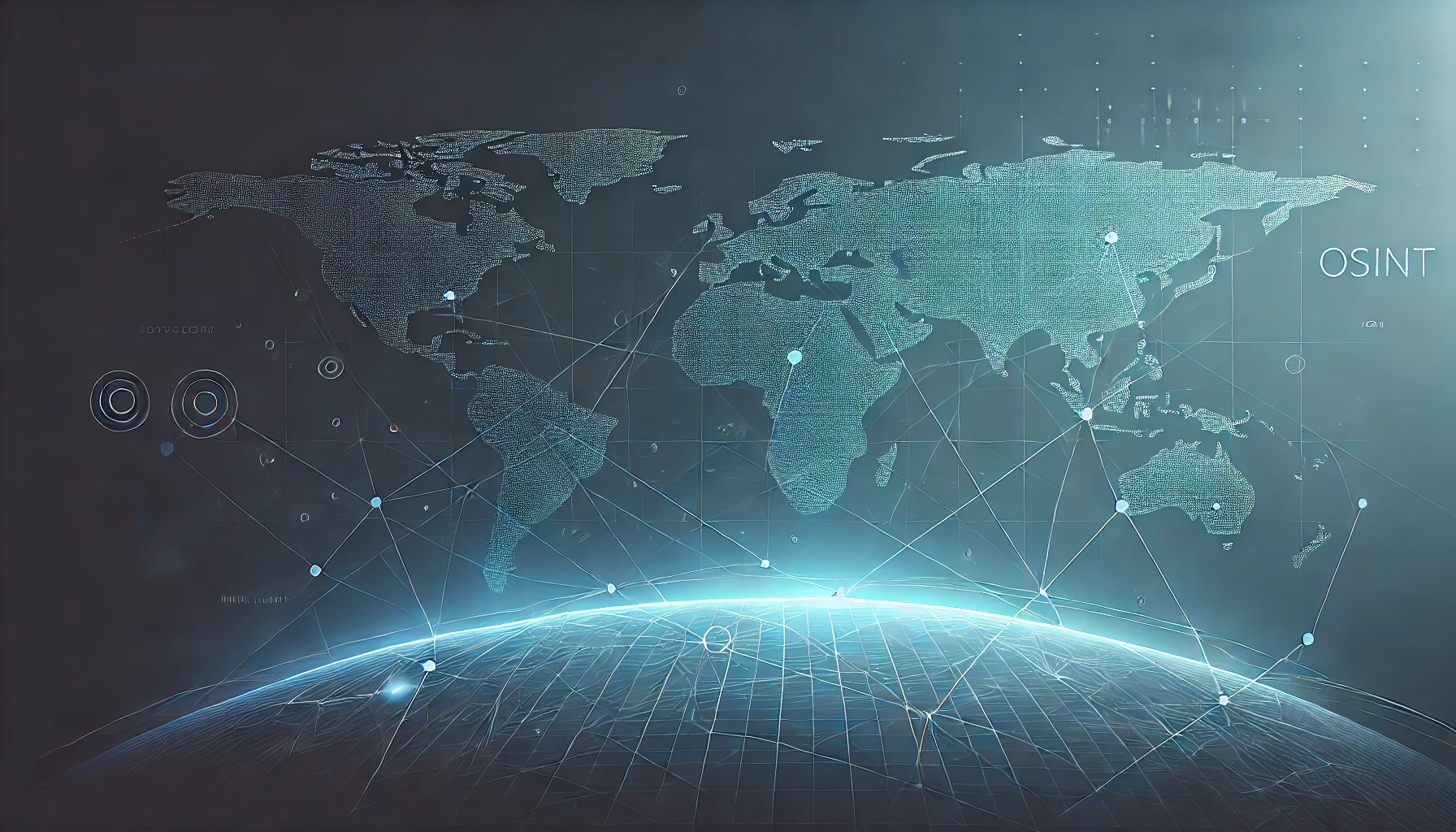
Explore our comprehensive intelligence summaries from around the globe. We cover the most critical topics and consistently update our content to keep you informed.
Tajikistan’s Balancing Act: Navigating ISIS-Related Terrorism and Geopolitical Tensions in 2024
Tajikistan faces growing internal and external pressures in 2024, with rising ISIS-related terrorism, strained relations with Russia, and increasing dependence on China's military and economic influence, all while struggling to address radicalization within its borders.
White Supremacy and Economic Anxiety in 2024: How Financial Instability is Fueling Antisemitic Extremism
The surge in white supremacist activity in 2024 is deeply linked to economic instability, with extremist groups weaponizing antisemitic conspiracy theories to exploit financial grievances and radicalize vulnerable populations.
Homeland Threat Assessment 2025: A Comprehensive Outlook on National Security Challenges
The Homeland Threat Assessment 2025 highlights evolving threats from domestic extremists, foreign adversaries, cyberattacks, illegal drugs, and economic manipulation, requiring coordinated national security efforts.
Pro-Gaza Protester Attempts Self-Immolation Outside White House Amid Heightened Tensions
A journalist’s self-immolation outside the White House during a pro-Gaza protest reflects the growing global frustration over the Israeli-Palestinian conflict and the emotional toll it continues to have.
Iran’s Strategic Engagement in Latin America: A Growing Threat to U.S. National Security
Iran's expanding political, economic, and military partnerships in Latin America, particularly with Venezuela, Bolivia, and Nicaragua, pose a growing threat to U.S. national security by enabling Tehran to evade sanctions and increase its geopolitical influence in the Western Hemisphere.
Strategic Analysis: How Does the Middle East Conflict End and What Does Israel Do Next?
Israel's strategic response to the escalating Middle East conflict with Iran will likely involve targeted strikes on Iranian infrastructure, covert operations against military leaders, and continued military pressure on Hezbollah, all while managing diplomatic and regional risks to avoid a broader war.






